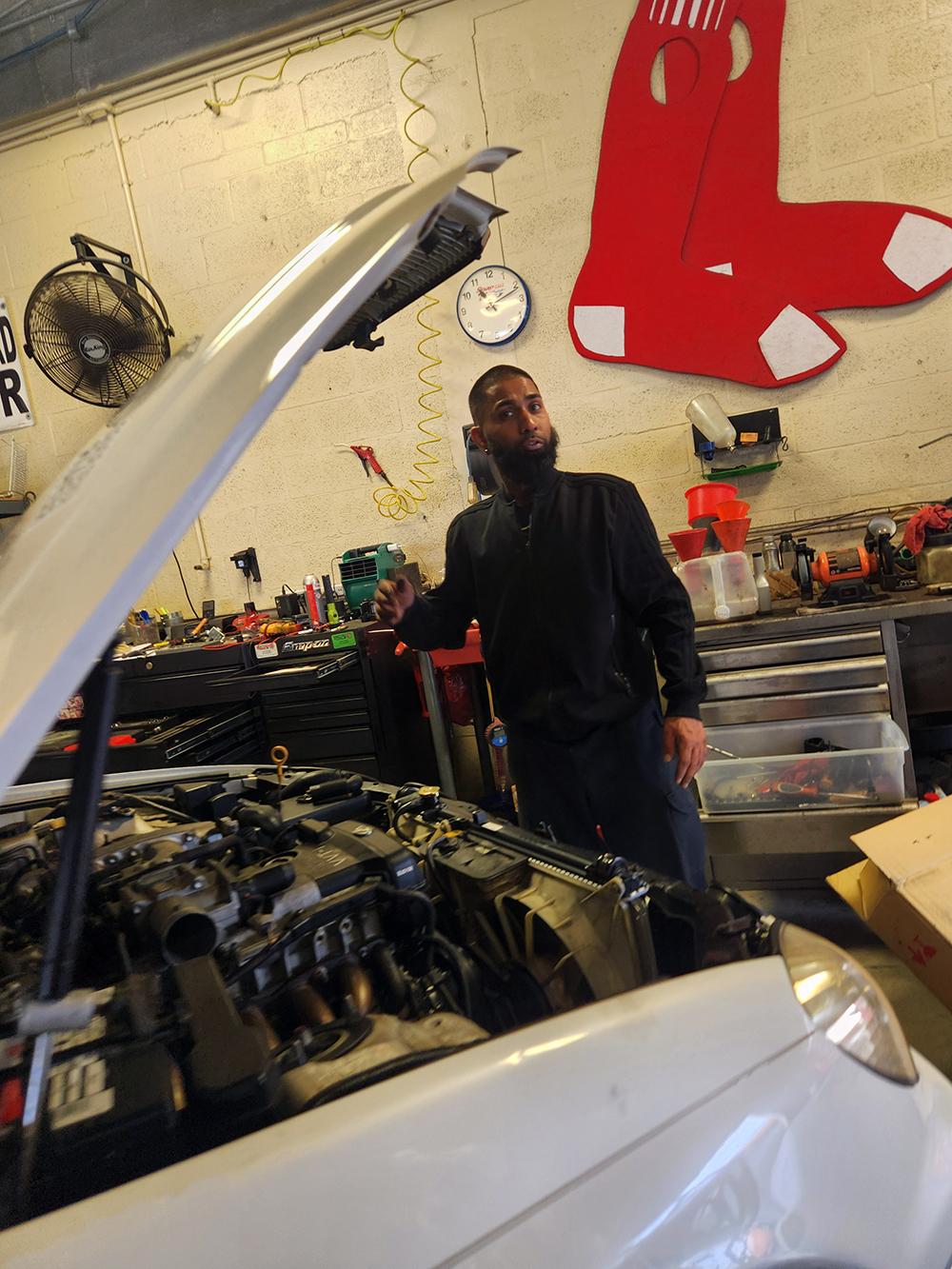Featured
When Maintaining Your Vehicle, # Common Blunders to Prevent
Normal upkeep is important to keep your car running efficiently, boost its life expectancy, and avoid costly repair work. Even sympathetic car owners can make blunders that threaten their car's performance and safety. Understanding what to prevent is just as crucial as knowing what to do. Here are some usual upkeep mistakes and pointers on just how to avoid them.- Overlooking Routine Oil Modifications. Engine oil lubricates and cools your car's engine, avoiding wear and tear on moving parts. Follow your producer's suggested oil change intervals and always use the proper oil type for your automobile.
- Neglecting Caution Lights. Overlooking a check engine light, brake system alert, or reduced oil caution can result in considerable problems and expensive fixings. Constantly address caution lights promptly by consulting your owner's guidebook or taking your automobile to a trusted mechanic.
- Skipping Tire Upkeep. Tires play an important duty in your automobile's efficiency, gas efficiency, and security. Falling short to examine tire pressure, rotate tires frequently, or check for wear can bring about unequal step, minimized fuel economic situation, and dangerous blowouts. Make use of a tire pressure gauge to maintain the advised PSI, check step deepness with a dime test, and revolve tires every 5,000 to 7,500 miles for even use.
- Failing To Remember to Change Filters. Air filters and cabin filters are usually neglected during routine upkeep. A dirty engine air filter minimizes airflow, influencing fuel effectiveness and engine efficiency, while a stopped up cabin air filter can decrease air movement inside the automobile and concession air top quality. Change these filters based on your cars and truck's upkeep timetable, or much more often if you drive in dirty problems.

- Utilizing Incorrect Liquids. Cars rely upon numerous liquids, including transmission fluid, coolant, and brake fluid, to work properly. Utilizing the wrong type of fluid or ignoring to examine and change fluids can cause significant mechanical issues. Always consult your owner's handbook to guarantee you're using the right fluids and comply with the substitute intervals.
- Do It Yourself Repairs Without Correct Understanding. While DIY fixings can save cash, attempting complex repair services without the right devices or expertise can do more harm than good. For instance, poorly replacing brake pads or timing belts can compromise vehicle security. Stay with fundamental upkeep jobs like transforming wiper blades or air filters and leave intricate repairs to licensed professionals.

- Postponing Scheduled Maintenance. Makers offer a maintenance timetable customized to your lorry to keep it in ideal condition. Postponing crucial solutions like brake inspections, stimulate plug substitutes, or timing belt adjustments can lead to pricey repair services in the future. Stay with the routine laid out in your owner's manual, even if your vehicle seems to be running fine.
Final thought. Keeping your lorry does not have actually to be made complex, but staying clear of typical errors is crucial to maintaining it in leading shape. By following your supplier's recommendations, dealing with issues without delay, and consulting professionals for complicated jobs, you'll take pleasure in a more secure, extra trustworthy ride while reducing lasting repair costs.
Latest Posts
Preventative Maintenance at Montclare Auto Repair: Extend Your Vehicle Operating Like New
Published Apr 21, 25
2 min read
Auto Repair Services: Top-Quality Vehicle Diagnostics & Repairs !
Published Apr 21, 25
2 min read
Montclare Auto Repair: The Go-To Auto Service Provider in Montclare
Published Apr 21, 25
2 min read
More
Latest Posts
Preventative Maintenance at Montclare Auto Repair: Extend Your Vehicle Operating Like New
Published Apr 21, 25
2 min read
Auto Repair Services: Top-Quality Vehicle Diagnostics & Repairs !
Published Apr 21, 25
2 min read
Montclare Auto Repair: The Go-To Auto Service Provider in Montclare
Published Apr 21, 25
2 min read